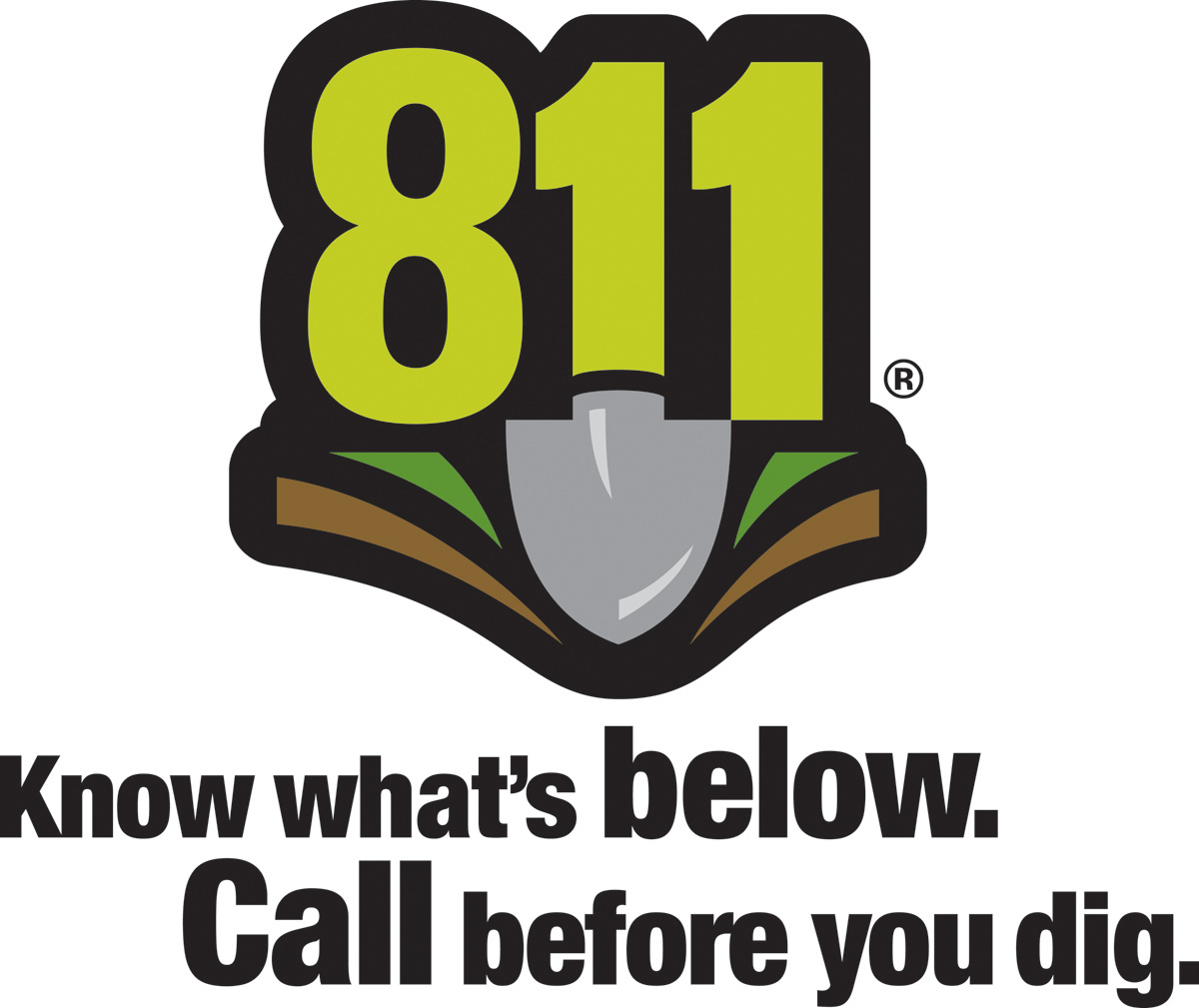|
Pipeline Safety Virtually all aspects of the energy transportation pipeline industry are regulated to some extent by federal, state, and local agencies. The Office of Pipeline Safety (OPS) is the primary federal regulatory agency responsible for ensuring that pipelines are safe, reliable, and environmentally sound. From the federal level, we oversee the development and implementation of regulations concerning pipeline construction, maintenance, and operation, and we share these responsibilities with our state regulatory partners. Regulatory Perspective
That regulatory approach produced a good safety record and pipelines today are the safest, most environmentally-friendly, and most reliable mode of hazardous liquid and gas transportation. However, pipeline accidents still happen; sometimes with profoundly tragic consequences. Therefore, we must do better, and we will. Looking Forward OPS has significantly transformed itself—and the way it regulates the pipeline industry—over the last few years. We have new people in new jobs with new skills. We have written new, stricter regulations, and we are enforcing them in a tough, but fair, manner. These transformations are driven by one objective: to maximize the positive impact that OPS and state program people and resources have on the safety, integrity, and reliability of our nation's pipeline system. The rules governing pipeline safety are included in Title 49 of the Code of Federal Regulations (CFR), Parts 190-199. Individual states may have additional or more stringent pipeline safety regulations. SIGNS OF A PIPELINE RELEASE You can recognize a pipeline incident by using your senses of sight, sound and smell.
WHAT TO DO IF YOU SUSPECT A LEAK
WHAT NOT TO DO IF YOU SUSPECT A LEAK
PREVENTING PIPELINE DAMAGE
Pipeline Operator Efforts for Pipeline Safety
In response to federal regulations and in accordance with corporate commitments to protect our communities, pipeline operators use several damage prevention measures to monitor and ensure safe pipeline operation. These include:
Though operational disruptions are infrequent, pipeline operators go to great efforts to be prepared for any type of incident. Pipeline operators:
|
||||||||||||||||||||||||||||||||||||||||||
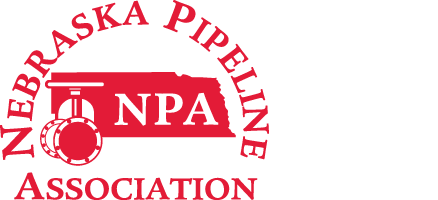 Nebraska Pipeline Awareness > Nebraska > Pipeline Safety
Nebraska Pipeline Awareness > Nebraska > Pipeline Safety The OPS has a limited number of inspectors in the field working with our state partners to oversee over two million miles of pipelines. Due to this and other limitations, our past focus had to be fairly narrow in order to have any impact. We concentrated on defining and ensuring industry compliance with minimal design, operational, and maintenance practices.
The OPS has a limited number of inspectors in the field working with our state partners to oversee over two million miles of pipelines. Due to this and other limitations, our past focus had to be fairly narrow in order to have any impact. We concentrated on defining and ensuring industry compliance with minimal design, operational, and maintenance practices.
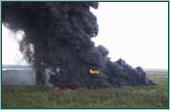
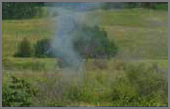

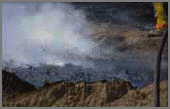

.png)


 Regular internal inspections & integrity tests
Regular internal inspections & integrity tests 
